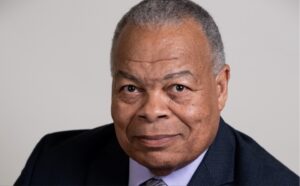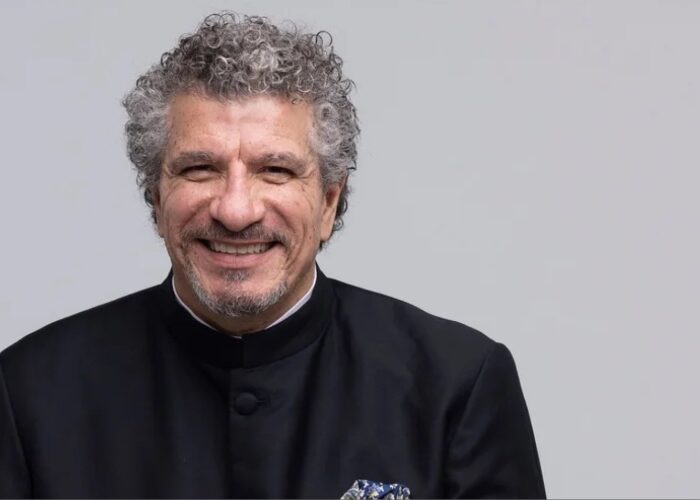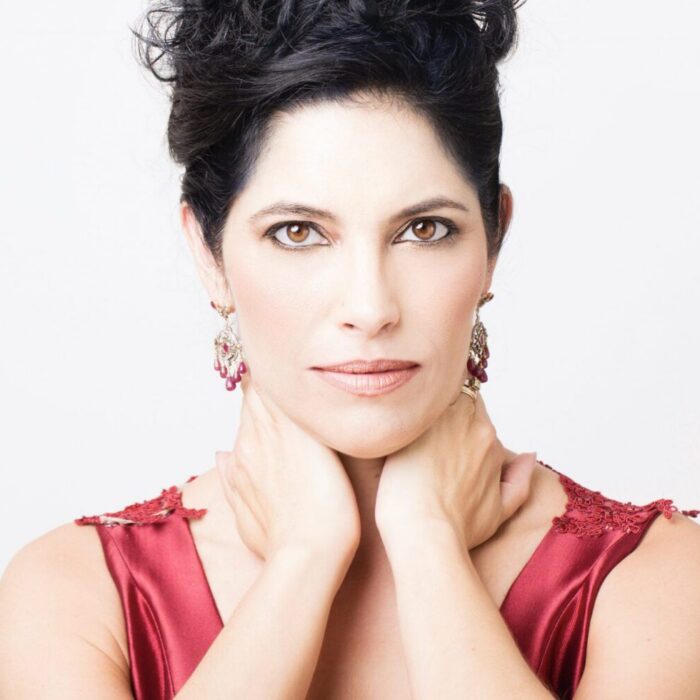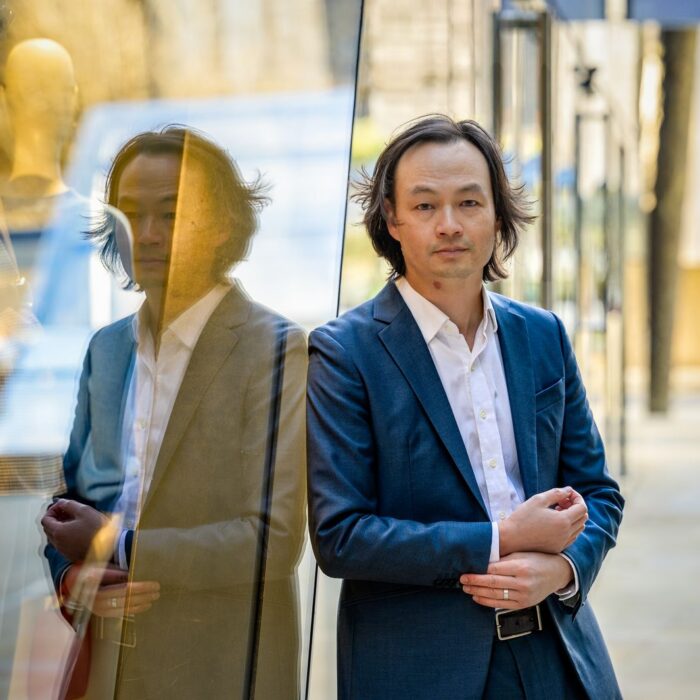
Q & A: Donnie Ray Albert Reminisces About Being Porgy
By Lisa Winkler(Photo: BSoM Headshots)
Baritone Donnie Ray Albert likes to quip that “[he’s] had many Besses in his life and [he’s] survived them all.” At 75, he’s enjoying spending time with Gwen, his wife of 52 years and traveling back and forth between his home north of Dallas to Austin where he’s a Distinguished Senior Lecturer in Voice at the University of Texas’ Butler School of Music. In October, he’ll be joining the cast of Houston Grand Opera’s “Porgy and Bess” as Lawyer Frazier, nearly 50 years after his singing the role of Porgy that launched his opera career.
He found time to talk to OperaWire while supervising two of his six grandchildren who were visiting “opa and mama” this summer. “They’ve learned they have to eat breakfast, make their beds, do chores, read and study mathematics every morning. Then in the afternoon, they can use their devices.”
OperaWire: You were one year out of grad school and only 26 when you were tapped to sing Porgy. What was that like?
Donnie Ray Albert: I had little experience. A minor role in “Treemonisha.” They had to convince me to take on Porgy. I was sent to New York for a week of one-on-one coaching with William Warfield, who had toured as Porgy opposite Leontyne Price in the 1950s. By the end of the week, I knew the role backwards and forwards.
OW: You appeared as Porgy more than 450 times around the US and world. What inspired you?
DRA: I stand on the shoulders of those that came before me. I met Todd Duncan, the original Porgy several times. He advised me to slow down or I’d wear myself out. I was enthralled listening to him describe his experiences with George Gershwin and how the opera was created. What an experience to work with the composer.
OW: Was it difficult to transition from Porgy to other roles?
DRA: In a word, yes. If you’re only known for one role, you have to prove you can do others. I started learning Donizetti, Bellini, I did concerts and recitals. I didn’t even have an agent until I was in New York with “Porgy and Bess.” The biggest break was going to Europe. In Cologne, Germany I was in six productions over six years. Then I auditioned at La Scala and other opera houses. Opera took me to places I never thought I’d ever go. I appeared in Verdi and Wagner.
OW: What experiences in your childhood influenced you to become a singer?
DRA: I grew up listening the Metropolitan Opera broadcasts. I had a reel-to-reel tape recorder and recorded them. I think I still have those tapes in my closet. My mother sang in church. I took piano lessons so I learned to read music and sang. I never thought of music as a career. I played football in high school and started college intending to go to medical school.
OW: How did that change?
DRA: My friend and I were heading to football practice and the music teacher, Mallilieu Caldwell Turner asked us to stop by the music room. She said, “Sing ‘My Country Tis of Thee.’” We both did and she told us we were hired and to sign up for the choir. We auditioned for various competitions. But I still played football. When I graduated, this same teacher told me to “never let music out of my life.”
OW: And college?
DRA: I started off pre-med because I had an intense fear of doctors. But I wasn’t smart enough for all that science and found LSU’s music school. I found out what singing was all about. I sent audition tapes to Southern Methodist and they offered me money.
OW: What advice do you give young people pursuing an opera career?
DRA: I knew I didn’t want to ever live in New York City. I made sure to save a percentage of my income, to put aside funds for the rainy days where there may not be work. I tell people to live where they can get the vocal training they need. To surround themselves with people they can trust, to work on roles, languages and repertoires.
OW: What do you tell singers taking on Porgy?
DRA: Eat your Wheaties. I did the role on my knees. Now they use a crutch. It is a painful, long sing. You have to stay in shape vocally and physically. The vocal range gets higher and it’s extremely taxing to sing right after the fight with Crown. At least I got to recover a bit while in jail. I also tell singers to read the novel and the play to understand Porgy. The original stories are as racist as they could be. Unlike the opera, Porgy doesn’t go to New York, the original story doesn’t end with any sense of hope of him getting Bess back. You need to read these to understand the emotions of the story.
OW: How are you preparing for the Lawyer Frazier role?
DRA: I am reading the score to get the sense of emotions for each character. It’s a cameo appearance, Lawyer Frazier is the con artist that sells a divorce to Bess, even though she’s not married to Crown. I’ve never done it and am eager to watch everyone else.
OW: How do you see the relevance of “Porgy and Bess” today as it celebrates its 90th anniversary?
DRA: “Porgy and Bess” covers the whole range of issues in our society. Every community has to deal with jealousy, hate, love, death, insanity. We all try to prevent bad people from entering our lives but sometimes it happens and we have to survive. It’s as human a story as any Italian opera.
Categories
Interviews


